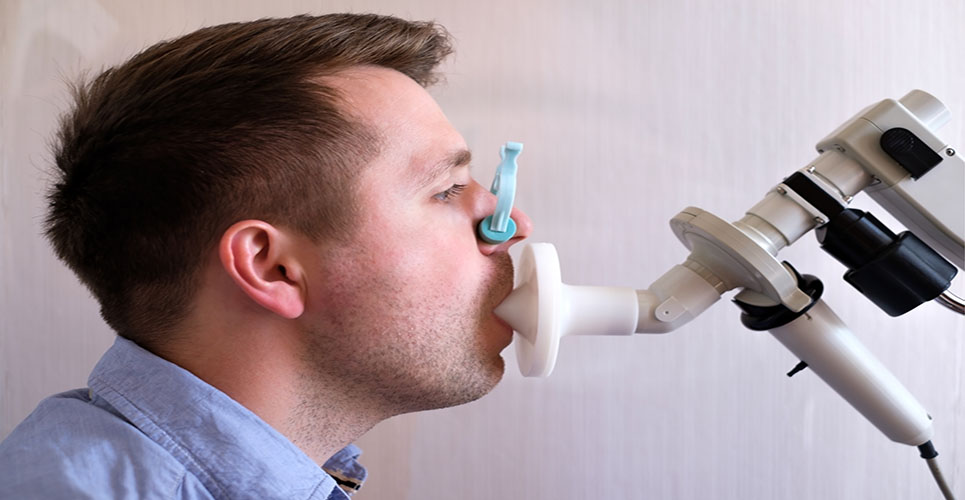teaser
Novartis has presented new Phase III data at the European Respiratory Society (ERS) congress in Amsterdam demonstrating the potential for its portfolio of once-daily inhaled therapies to help patients with chronic obstructive pulmonary disease (COPD) maintain more active and productive lives.
The GLOW1 and GLOW3 studies show that investigational NVA237 (glycopyrronium bromide) significantly increased patients’ lung function compared to placebo with a fast onset of action at first dose, as well as improving exercise endurance.
NVA237 is a new drug in the long-acting anti-muscarinic (LAMA) class, which has recently been submitted for approval in the European Union under the brand name ‘Seebri® Breezhaler®’.
The GLOW1 study met its primary endpoint by showing that NVA237 50 mcg once-daily produced a significant improvement in lung function of 108 mL in trough FEV1* after 12 weeks in patients with moderate-to-severe COPD compared to placebo (p<0.001).
Moreover, NVA237 had a rapid onset of action, with a 93 mL improvement in FEV1 compared to placebo at five minutes post-dose following the first dose on the first day of treatment (p<0.001).
NVA237 also significantly prolonged the time to first moderate/severe COPD exacerbation compared to placebo, and reduced the percentage of associated hospitalizations.
Significant improvement in breathlessness was seen at 26 weeks compared to placebo, accompanied by a significant improvement in health-related quality of life and reduction in the use of rescue medication.
The GLOW3 study investigated the effects of NVA237 50 mcg once-daily on exercise endurance in moderate-to-severe COPD patients.
The study met its primary endpoint by showing a significant 21% improvement in exercise endurance versus placebo at the end of the study (i.e. day 21), with a significant 10% increase from day one (both p<0.001).
Both studies showed that NVA237 was well-tolerated, with a similar incidence of adverse events for patients treated with NVA237 and placebo.
“These results provide important new insights into the potential effects of NVA237 in improving lung function and relieving symptoms such as breathlessness,” said Dr Kai-Michael Beeh of the insaf Respiratory Research Institute in Wiesbaden, Germany, the principal investigator of the GLOW3 study.
“The improvements in exercise endurance are significant as exercise limitation is a considerable burden for COPD patients, affecting everyday activities such as climbing the stairs. These trials show that NVA237 may provide a future option that could positively impact the way COPD is treated.”
New pooled analyses of data were also presented, confirming the efficacy of Onbrez Breezhaler (indacaterol), a long-acting beta2-agonist (LABA) approved in more than 70 countries for the maintenance treatment of COPD.
One pooled analysis examined the efficacy of Onbrez Breezhaler in patients with moderate or less, and severe or worse COPD (defined as stages I-II and III-IV respectively in the GOLD guidelines).
This showed that Onbrez Breezhaler 150 and 300 mcg once-daily significantly improved lung function in both subgroups at six months compared to placebo (p<0.001).
The analysis also showed that in the more severe subgroup, Onbrez Breezhaler 300 mcg was significantly more effective than 150 mcg in improving breathlessness compared to baseline, as assessed using the Transition Dyspnea Index (TDI) (p<0.05).
A second pooled analysis showed that Onbrez Breezhaler 150 and 300 mcg improved lung function regardless of patients’ background use of ICS. In patients not using ICS, the improvements in lung function were 180 and 170 mL with Onbrez Breezhaler 150 and 300 mcg respectively compared to placebo (p<0.001).

